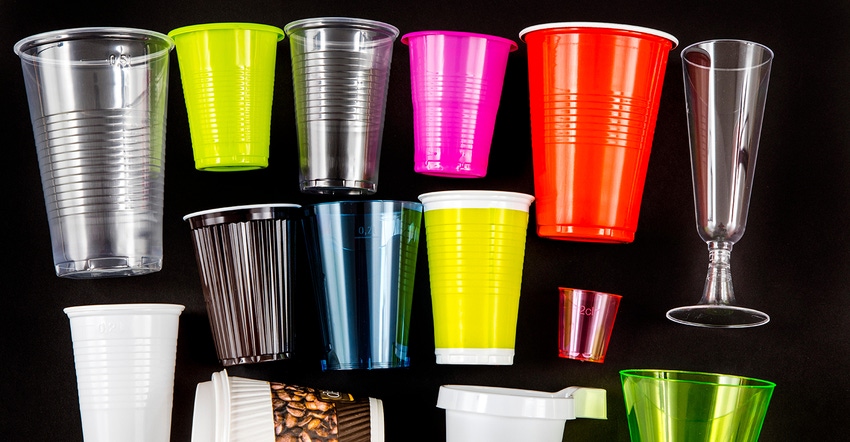A new white paper from the National Waste and Recycling Association (NWRA) aims to dispel the plastic recycling myths perpetuated by mainstream media outlets. These reports are harming rather than helping the public as they search for accurate information about how to recycle. Media reports stating that it "just doesn't work," only discourages recycling.

A new white paper from the National Waste and Recycling Association (NWRA) aims to dispel the plastic recycling myths perpetuated by mainstream media outlets.
These reports are harming rather than helping the public as they search for accurate information about how to recycle. Media reports stating that it "just doesn't work," only discourages recycling.
"This is the opposite reaction needed to address the issue of plastic waste," the NWRA stated. "Instead, we should focus our efforts on improving plastic recycling."
The organization set to correct the view that all plastics go straight to landfill. The value of plastic recyclables make it a desirable commodity, the organization said. It pointed out that "the index pricing for polyethylene terephthalate (PET) reached as high as $1,000 per ton, and natural high-density polyethylene (HDPE) reached $2,000 per ton," a figure greater than cans or cardboard.
The white paper also described what types of plastics are generally collected at the curbside level - #1, #2 and #5.
Although only 2.4 percent of nondurable plastics goods are recycled, this category is comprised mainly of plastic plates, cups, trash bags and textiles.
"Instead of looking at the percentage of recyclable plastics that are recycled, both recyclable and non-recyclable plastics are lumped into a single category and from there derive the total percentage that is recycled," the NWRA explained. "Naturally, the percentage of nonrecyclable plastics being recycled would be zero and bring down the overall recycling percentage."
About the Author(s)
You May Also Like


